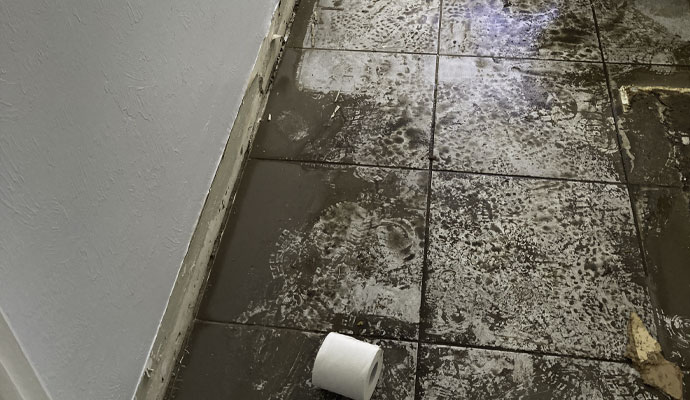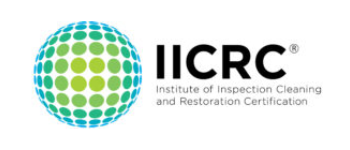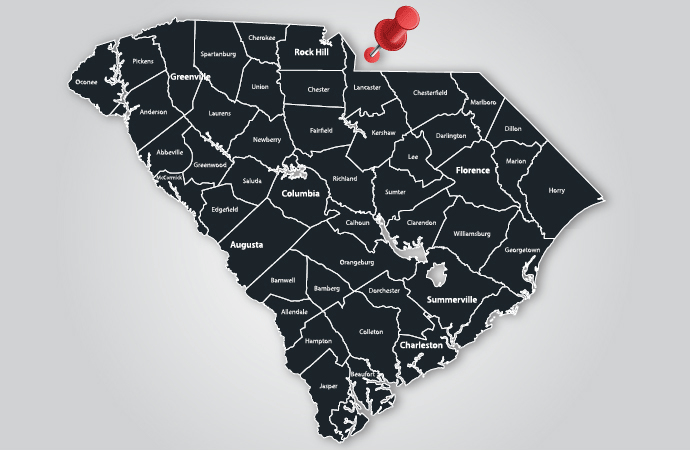Causes and Prevention of Sewage Backups in Basements
When sewer lines get clogged, they prevent wastewater from properly flowing through drainage lines which causes sewage backups. The result is not only highly unpleasant, but it’s also a health hazard as sewage contains toxins and viruses that can make people very ill. If you ever experience sewage backing up into your South Carolina basement, that problem will need to be taken care of ASAP. But to help make sure it doesn’t happen to you, the following are several causes of this problem and what you can do to prevent this disaster.

Reasons Why Sewage Backs Up in Basements
- Clogs – sewage can back into your home from a single clogged toilet drain. But if you’re experiencing backups in all your toilets, bathtubs, and sinks, then the clog will be located in the main sewer line.
- Tree Roots – trees don’t have to be growing nearby for their roots to mess with your sewer line. Their roots travel for many yards in search of moisture. Those roots can infiltrate a sewer line, creating holes and fissures which let soil and rocks block them.
- Damaged Sewer Lines – old sewage lines made of clay and cast iron will eventually crack and collapse. Or a section may begin to sag due to shifting soil. This allows wastewater to pool in the sagged area, causing a blockage.
- Too Much Rain – heavy rainstorms can drop so much water that your city’s sewer lines won’t be able to handle the deluge and become overburdened. This may allow water to back up into your sewer line that’s connected to it, causing backflows.
How to Prevent Sewage Backups in Basements
-
Be aware of what’s going down your drains.
- Grease, oils, and fats from your kitchen poured down the drain will attach to the drainage pipes and continually build up until they become clogged. To dispose of them, wait until they cool then discard them in the trash.
- Paper towels, diapers, and feminine hygiene products will all easily clog your sewer line. Always discard these and other paper products in the garbage.
- Replace sewer lines and remove roots. To prevent the crumbling of an old sewer pipe, replace it with PVC or ABS plastic pipe. These pipes also make it harder for tree roots to penetrate. If roots are still a problem, cut them out occasionally.
- Install a backwater prevention valve. This attachment lets sewage flow out but prevents it from backing up into your basement. It’s usually installed in a sewer line or sometimes in a basement drain line.
- Sump pump maintenance. A sump pump shouldn’t be sitting on dirt or gravel which could be sucked into the pump and ruin the motor. It should sit on a hard, flat surface like bricks. Also, make sure the filter fabric is attached so no debris can enter.
For Professional Sewage Cleanup, Call Kingsley Water Damage Restoration
If you have a basement sewage backup in your South Carolina basement, call the best water damage restoration company – Kingsley Water Damage Restoration right away. They’ll do the job quickly and thoroughly. Trying to clean up contaminated water yourself can put you at serious risk of contracting serious diseases. And always keep your children, the elderly, and pets away from the contaminated area since they can be more susceptible to toxins and bacteria.
We're here to assist you 24/7 with your Sewage Backups needs. If you reside in Ballentine, Eastover, Gadsden, or Hopkins, don't hesitate to call Kingsley Water Damage Restoration at 803-590-0370. Our expert team is ready to provide immediate assistance and restore your property efficiently.





